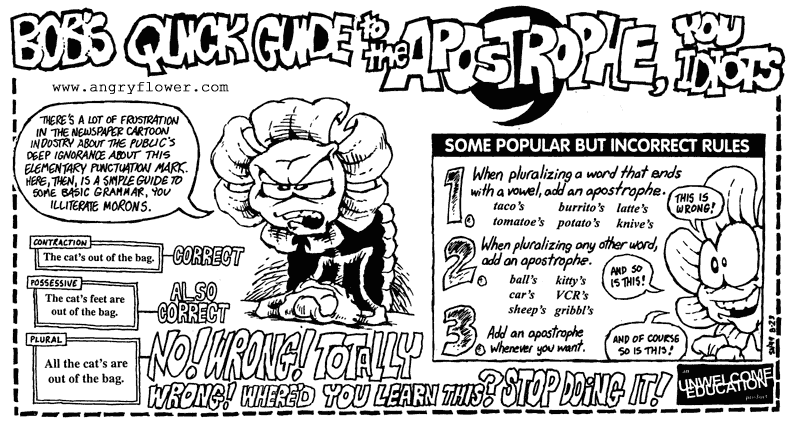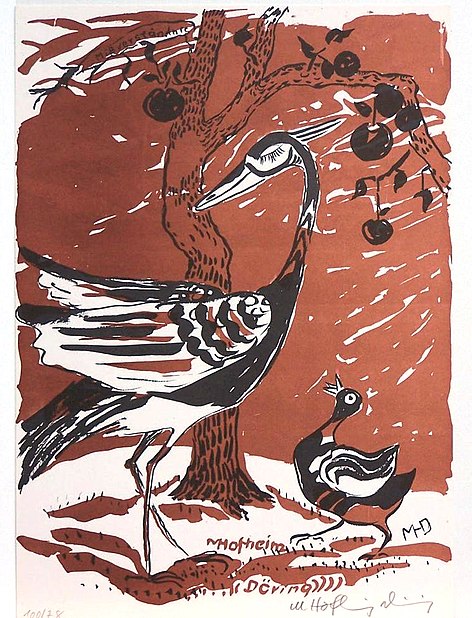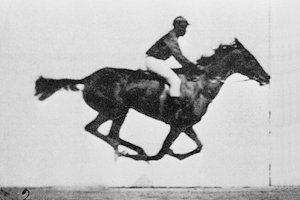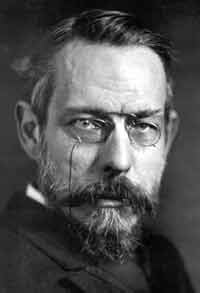This weekend I was at the Southwest Conference on Asian Studies (SWCAS), where one of the most colorful figures in the crowd was a retired foreign service officer named
William J. Cunningham. Cunningham and his wife were often together in the conference rooms at Trinity and Friday evening at the San Antonio Museum of Art, where they were a perfect portrait of old-school diplomatic grace and gentility, he with his memories, she with her lovely hats.
Cunningham supplied many memories of the founding of SWCAS 40 years ago, and various Chinese diplomats he knew or knew of, like
V. K. Wellington Koo and Yang Hsi-kun. But his paper was on the biggest event of his career: the 1971 invitation of the US Table Tennis team to China. This event was a prelude to President Nixon's 1972 visit, and so all parties involved must have known it was much more important than a simple game of table tennis.
Cunningham conveys the story with the eye of the professional diplomat, which at its best surveys the dynamics of multiple actors on the world stage, as in this passage about the ominous climate in Asia in 1971:
Internationally there were ominous signs also. Only ten months previously Mao had issued a furious, personal manifesto denouncing the United States' "treachery" for the overthrow of Prince Sihanouk and the April invasion of Cambodia. After having earlier agreed to resumption of the Warsaw talks, China broke them off again and attacked U.S. policy on Taiwan. Although border talks with the Soviets continued, the Chinese observed Lenin's centenary by accusing Moscow of betraying his legacy, and the Soviets responded in kind, attacking China and Mao for "imperialism's malicious anti-Soviet, anti-Communist campaign." Concurrently, China was energetically orchestrating a vocal anti-militarism campaign against Japan.
Given the environment, it's easier to see that China's participation the table tennis in Japan was the result of hard work by many diplomats. Japan, for one, was in 1970 on track to re-emerge into the world community, and so very much wanted China to be there to make them look good. Even more interesting, the International Table Tennis Federation Congress had some notion of the high-stakes diplomatic work they were doing, whether they liked it or not, at their own planning meetings.
The story of the US visit involves both Mao Zedong, who as the supreme leader of his nation knew that every decision he made was tremendously risky, and so stayed up late smoking the night of April 6, 1971, worried about whether to invite some table tennis players to his country. But another character was Glenn Cowan, a 19-year old from California in "corduroy bell bottoms, long hair topped with a floppy yellow hat") who blundered aboard the Chinese bus in Nagoya on April 4, and so helped precipitate Mao's April 6th crisis evening. International relations events can involve such disparate individuals!
Cunningham is now an old man, with a paper that relies on other personal accounts, biographies, and also emails, letters and telephone calls to the generation that lived through the great thaw in US-China relations in the early 1970s. Among the many worthwhile sources he cites are:
- Crossing the Divide, 1997, by John Holdridge, the memoirs of another foreign service officer
- War and Peace with China: First Hand Experiences in the Foreign Service of the United States (1994), by Holdridge and others
- Image, Perception, and the Making of US-China Relations, ed. Li Hong (1998)
- The Private Life of Chairman Mao, Li Zhisui (1994) -- been meaning to read this one a long time
- Henry Kissinger, White House Years (1979)
- Kissinger: A Biography (1992)


































